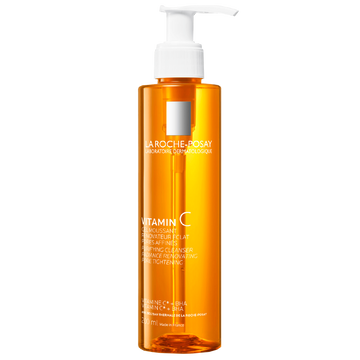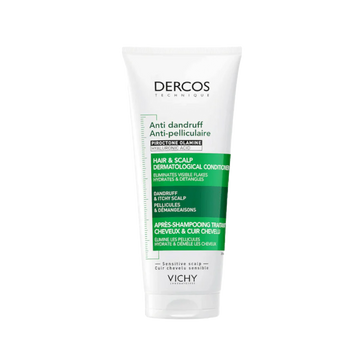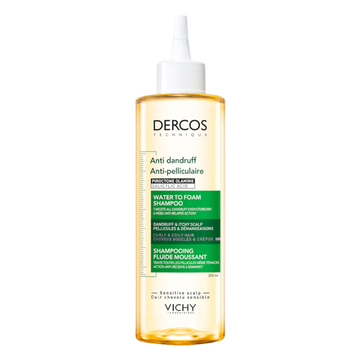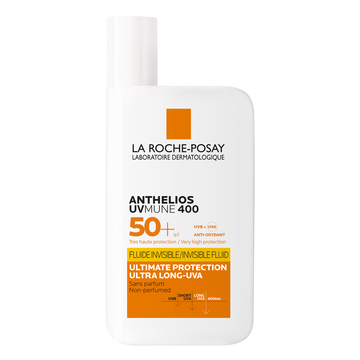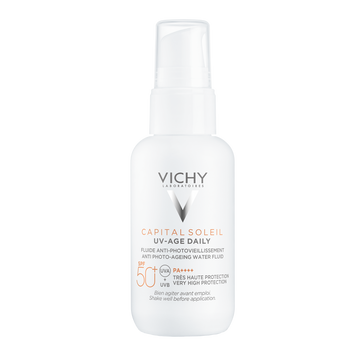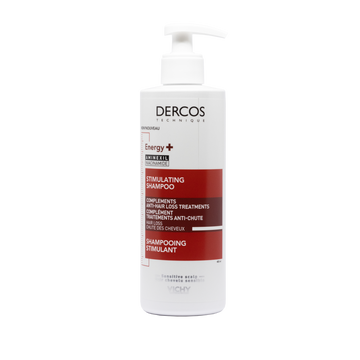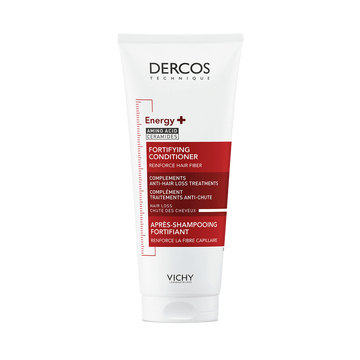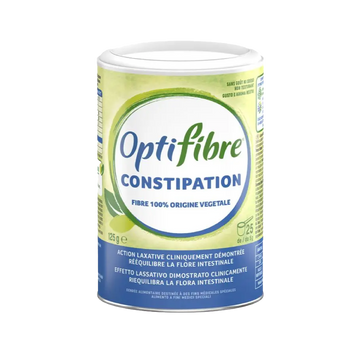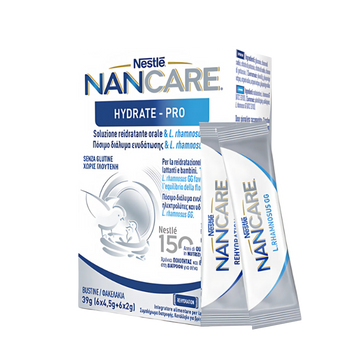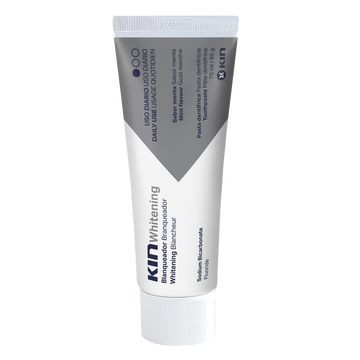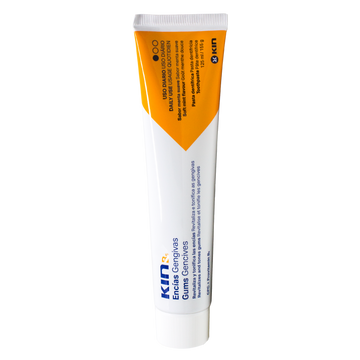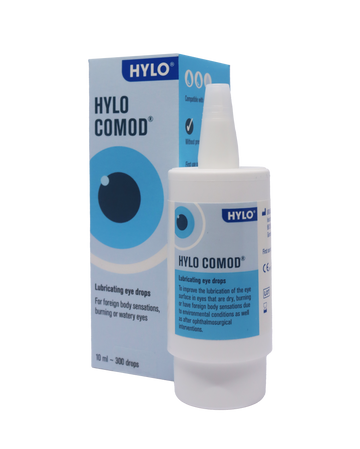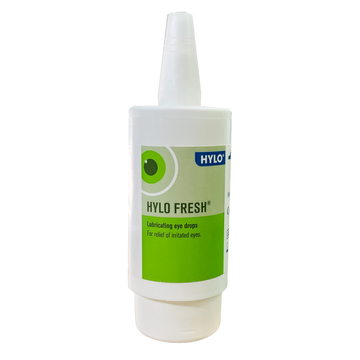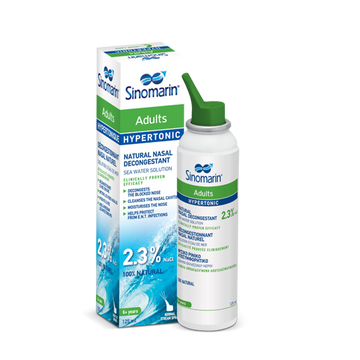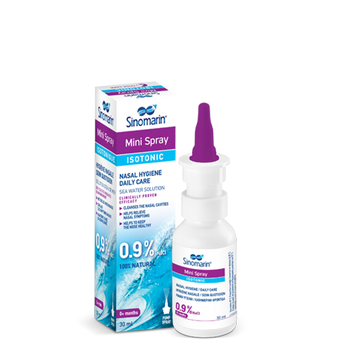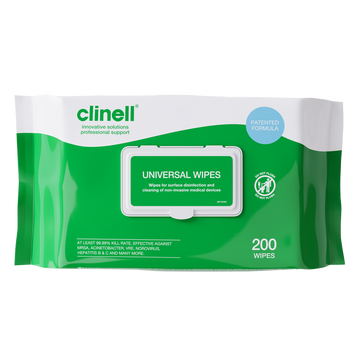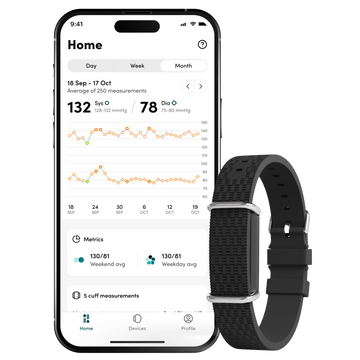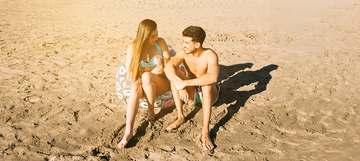As Europe confronts more frequent and intense heatwaves, staying safe in high temperatures has become essential not just for vulnerable groups, but for anyone spending time outdoors.
In the summer of 2022 — the hottest on record — Europe experienced over 61,000 excess heat-related deaths, confirming the urgent need for public health preparedness. These events place significant strain on both the body and the skin, making hydration and sun protection essential.
This guide explores heat-related risks, the science behind staying cool, and practical steps to stay well during extreme heat. It also highlights supportive tools such as La Roche‑Posay Anthelios sunscreen and Nuun Hydration tablets, both designed to boost resilience in hot conditions.
Understanding Heatwaves and Human Health
A heatwave is defined by real-time alerts such as those from Meteoalarm, as a prolonged period of excessively high temperatures with strong sunlight and low wind. These conditions pose health risks when temperatures exceed regional norms for more than two consecutive days, with especially high danger in densely populated or urban regions.
Health Risks of Extreme Heat
- Heat exhaustion – sufferers experience fatigue, heavy sweating, dizziness, nausea, and rapid heartbeat.
- Heat stroke – a medical emergency when body temperature exceeds 40 °C, possibly resulting in confusion, unconsciousness, or organ failure.
- Dehydration – impairing muscular control, cognition, and thermoregulation.
- UV damage – elevated UV index accelerates sunburn, premature ageing, and increases skin cancer risk.
More details on health impacts are available.
Hydration: More Than Just Water
Drinking water is important during heat exposure, but electrolyte balance is equally critical particularly with heavy sweating.
Sweat losses include sodium, potassium, magnesium, and calcium minerals essential for muscle function, nerve signalling, and fluid balance.
Supporting Hydration with Electrolytes
Nuun Hydration tablets provide a convenient source of electrolytes. Nuun Hydration tablets provide a convenient source of electrolytes. Depending on the formula, they contain between 1.2 g and just over 3 g of natural sweeteners, carefully balanced to enhance absorption and support recovery making them a healthier alternative to conventional sports drinks .
This approach aligns with European scientific consensus. The European Food Safety Authority (EFSA) recommends maintaining fluid and electrolyte intake to support hydration during physical activity and heat exposure .
Hydration Best Practices
- Start hydrating early—well before feeling thirsty.
- Drink 400–800 ml of fluid per hour when active outdoors.
- Add electrolytes during intense sweating or exercise.
- Avoid excessive caffeine and alcohol—they act as diuretics.
Sun Protection: Why SPF Is Critical in a Heatwave
Heatwaves often coincide with high UV index readings, increasing the risk of sunburn, DNA damage, and long-term skin disease.
The European Commission classifies UV radiation as a Group 1 carcinogen, underscoring the importance of proper sun protection.
Recommended Sunscreen Standards
EU dermatology guidelines advocate using broad-spectrum SPF 30–50+ during heatwaves. Sunscreen products must protect against UVA and UVB, be photostable, and offer water/sweat resistance.
La Roche‑Posay Anthelios meets these criteria and complies with EU Cosmetics Regulation (EC) No 1223/2009, ensuring safety and EU compliance.
Sun Protection Tips
- Apply SPF 30–50+ 20 minutes before sun exposure.
- Use a generous amount—about 2 mg/cm² (≈ a shot-glass full for full-body).
- Reapply every 2 hours, or after sweating, swimming, or toweling off.
- Use hats, sunglasses, and UPF-rated clothing to block UV.
Outdoor Activity Guidelines During Heatwaves
Avoiding the outdoors entirely is safest during extreme heat—but that’s not always possible. With wise planning, you can minimise health risks while commuting, working, or exercising.
Precautionary Measures
- Time activities early or late (before 11:00 or after 17:00).
- Wear light-coloured, loose, UV-protective clothing.
- Stay shaded, using trees, parasols, or covered areas.
- Check real-time alerts via Meteoalarm, which provides pan-European heat health warnings.
- Pair hydration and sun protection—especially critical for children, older adults, and individuals with chronic conditions.
Conclusion
Heatwaves present a major public health challenge. But by combining scientific insight with effective products, you can significantly reduce the risk of heat-related illness and skin damage.
- Use broad-spectrum SPF 30–50+ sunscreen like La Roche‑Posay Anthelios.
- Maintain electrolyte-enhanced hydration with Nuun supplements.
- Stay informed, adjust your daily routine, and respect heat hazards—while still enjoying summer safely and smartly.
References & Further Reading
- Nature Medicine study: “Over 61,000 excess deaths in Europe in summer 2022” nature.com+4climate-adapt.eea.europa.eu+4en.wikipedia.org+4
- EEA summary: “Impacts of heat on health in Europe” reason.com+5eea.europa.eu+5climate-adapt.eea.europa.eu+5
- EFSA on water intake and electrolytes anses.fr+10efsa.europa.eu+10efsa.europa.eu+10
- EU cosmetics regulation & sunscreen standards anses.fr+8single-market-economy.ec.europa.eu+8coslaw.eu+8
- Meteoalarm (EU Weather & Heat Alerts) en.wikipedia.org+1theguardian.com+1
